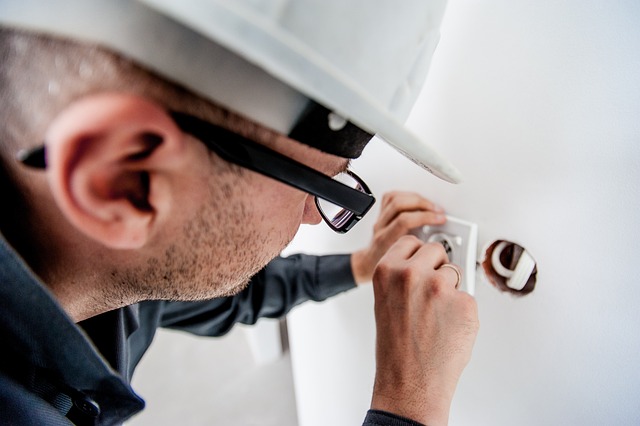Defective workmanship occurs when a contractor fails to perform their work to the required standard, resulting in a defect or flaw. This can lead to a variety of problems, including safety hazards, functional issues, and aesthetic defects.
Free Initial Telephone Discussion
For a free initial discussion with a member of our New Enquiries Team, get in touch with us today. We are experienced in dealing with all the legal aspects of construction law, we will review your situation and discuss the options open to you in a clear and approachable manner. Early expert legal assistance can help ensure you are on the best possible footing from the start and also avoid the stress of dealing with these issues on your own. Simply call us on 0345 901 0445 or click here to make a free enquiry and a member of the team will get back to you.
Common Defects in Construction
There are many types of defects that can occur in construction projects. Some of the most common include:
- Structural defects: These can include foundation problems, load-bearing failures, and cracks in walls or ceilings.
- Material defects: Defects can arise from the use of low-quality or defective materials.
- Workmanship errors: Mistakes or errors made by workers during the construction process can lead to defects.
- Non-compliance with building codes: Failure to comply with building codes and regulations can result in defective workmanship.
The Impact of Defective Workmanship
Defective workmanship can have a significant impact on construction projects. It can lead to:
- Delays: Defects may need to be corrected, which can delay the completion of a project.
- Cost overruns: Repairing or replacing defective work can be expensive.
- Safety hazards: Defects can pose a safety risk to workers and occupants.
- Legal disputes: Defective workmanship can lead to legal disputes between project owners and contractors.
Making a Defective Workmanship Claim
If you believe that a contractor has performed defective work, you may be able to make a claim. The process for making a claim typically involves the following steps:
- Identify the defect: Clearly identify the nature and extent of the defect.
- Notify the contractor: Notify the contractor in writing of the defect and give them an opportunity to rectify it.
- Obtain expert evidence: If the contractor fails to address the defect, you may need to obtain expert evidence to support your claim.
- File a claim: You may be able to file a claim in court or through alternative dispute resolution (ADR) processes such as mediation or arbitration.
Conclusion
Defective workmanship can be a serious problem for construction companies. By understanding the common types of defects, the impact they can have, and the steps involved in making a claim, you can protect your interests and ensure that your projects are completed to the highest standards.
How we can help
We have a proven track record of helping clients deal with construction law. We will guide you diligently and ensure all checks are carried out swiftly and efficiently and we firmly believe that with the right solicitors by your side, the entire process will seem more manageable and far less daunting. You can read more about the range of construction law services we offer by clicking here: https://blackstonesolicitorsltd.co.uk/construction-solicitors/
How to Contact Our Construction Solicitors
It is important for you to be well informed about the issues and possible implications of construction law. However, expert legal support is crucial in terms of ensuring a positive outcome to your case.
To speak to our Corporate solicitors today, simply call us on 0345 901 0445, or click here to make a free enquiry. We are well known across the country and can assist wherever you are based. We also have offices based in Cheshire and London.
Disclaimer: This article provides general information only and does not constitute legal advice on any individual circumstances.



